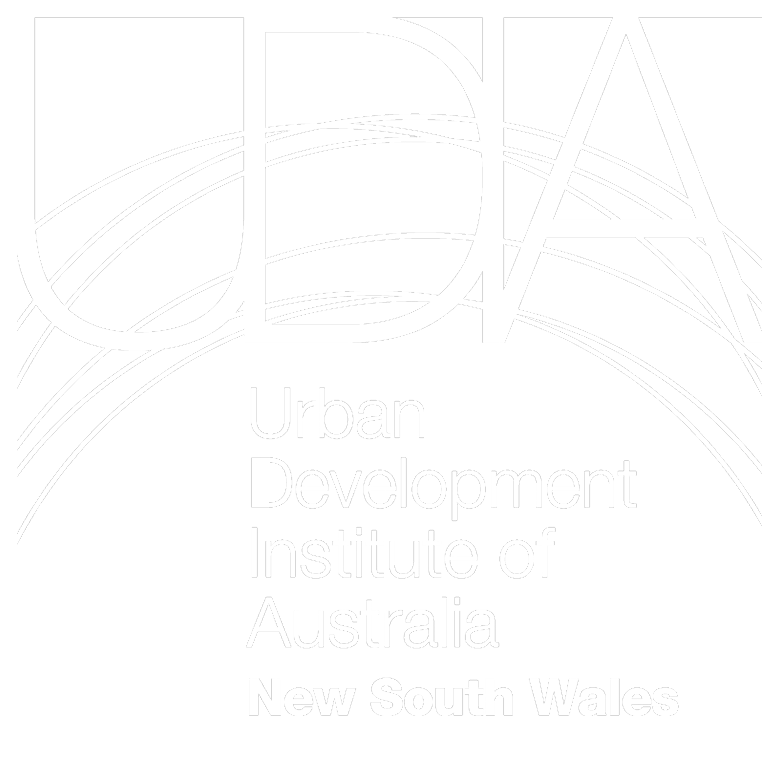Following a meeting of the Hunter and Central Coast Biodiversity Working Group last month, UDIA met with Biodiversity & Conservation Division (EES) staff last week to outline our concerns with implementation of the Biodiversity Conservation Act. They would like to hear more examples of the range of Avoid & Minimise applications. Send any examples to Elizabeth or directly to bam.support@environment.nsw.gov.au.
The Hunter and Central Coast Biodiversity Working Group met on 27 July and identified three areas of focus:
Assessment
The Avoid & Minimise provision is too open to interpretation and application by individual councils.
- The range of outcomes is vast and unpredictable, with some councils accepting that environmental considerations applied during the rezoning process satisfy requirements at DA stage; while other councils build upon the rezoning with additions of new species offsets throughout the DA assessment period.
- More certainty is needed and ecology should be just one consideration in a balanced assessment process.
UDIA is advocating for:
- DPIE to issue a Practice Note and better educate councils in order to bring certainty to the process
- Apply ESD balanced principles at the planner level instead of overt deferral to ecology
Offset Pricing
Pricing remains highly volatile and unpredictable due to:
- Low supply of Biodiversity Stewardship Agreements
- Shallow credit markets
- Overdue update on the BCT calculator
UDIA is advocating for:
- More certainty
- Fix the tax disincentive of BSAs
- Speed up BSA approvals
Cumulative Requirements
Federal, State and Local compound offset requirements.
- Bilateral Agreement: In a bit of good news, NSW and the Federal Government have signed a bilateral agreement to streamline requirements between the NSW Biodiversity Conservation Act and the Federal Environmental Protection and Biodiversity Conservation Act.
- Koala SEPP: UDIA does not believe a stand-alone Koala SEPP is necessary; koala conservation should be accommodated under the BAM. The Koala SEPP was rushed through and is having large impacts on sites in yield loss and increased costs.
UDIA is advocating for:
- Address koala conservation within the BAM
- Reconsideration of Koala SEPP requirements where conservation outcomes don’t support the additional cost on development.
